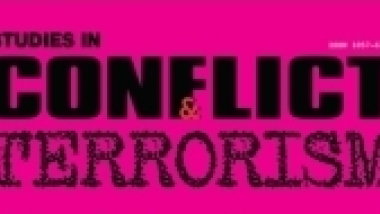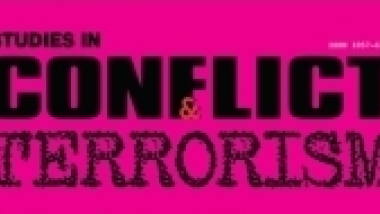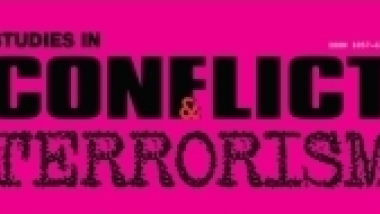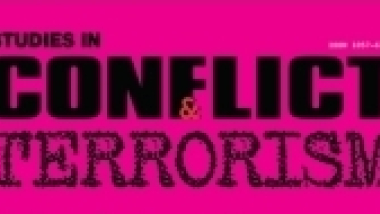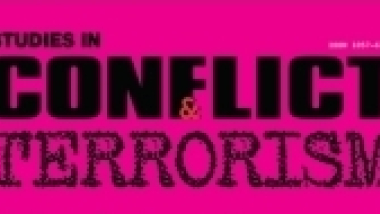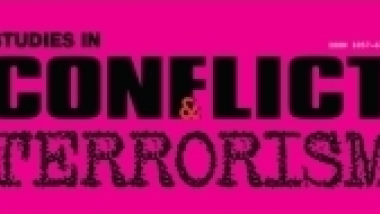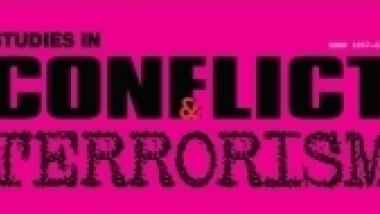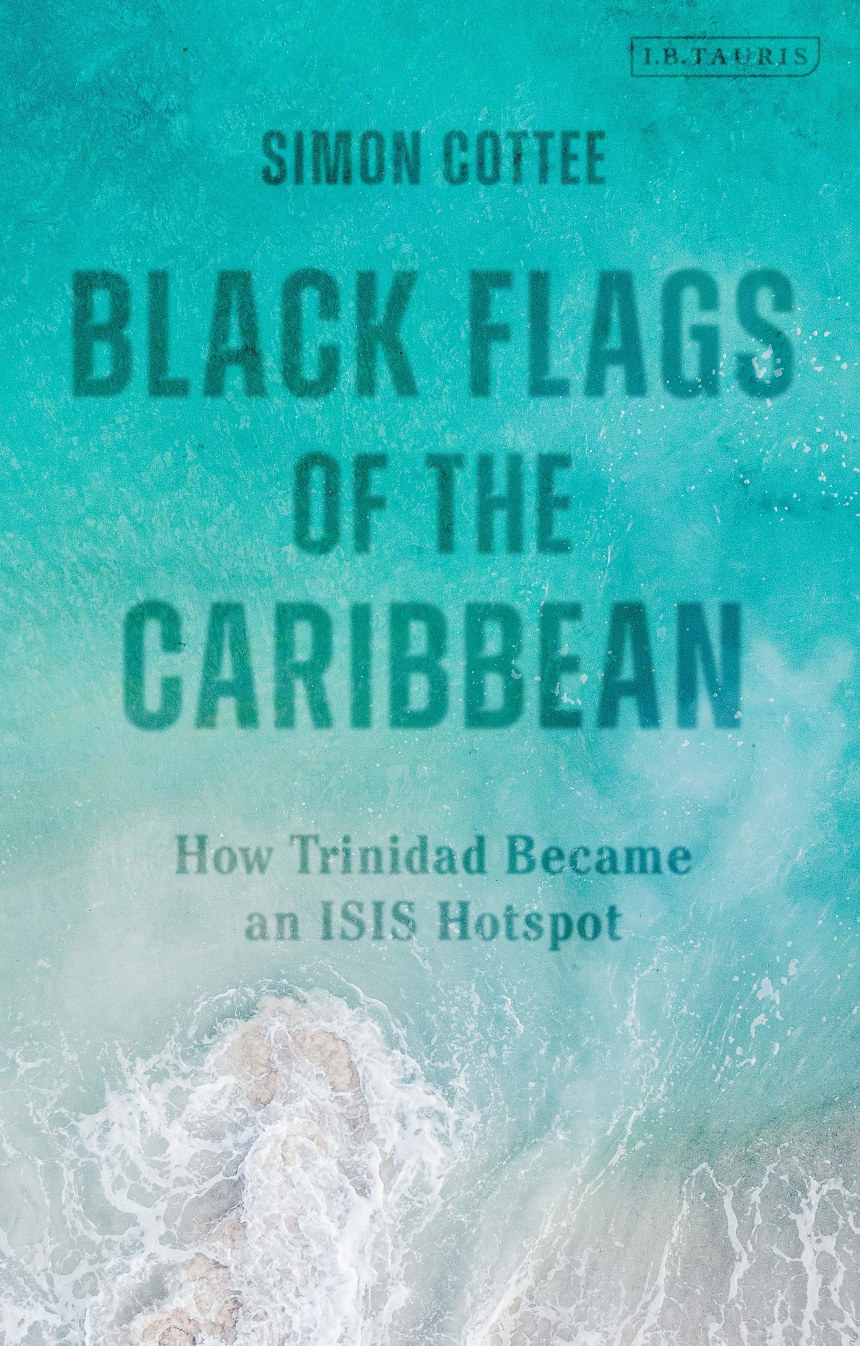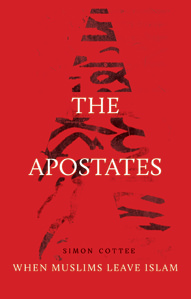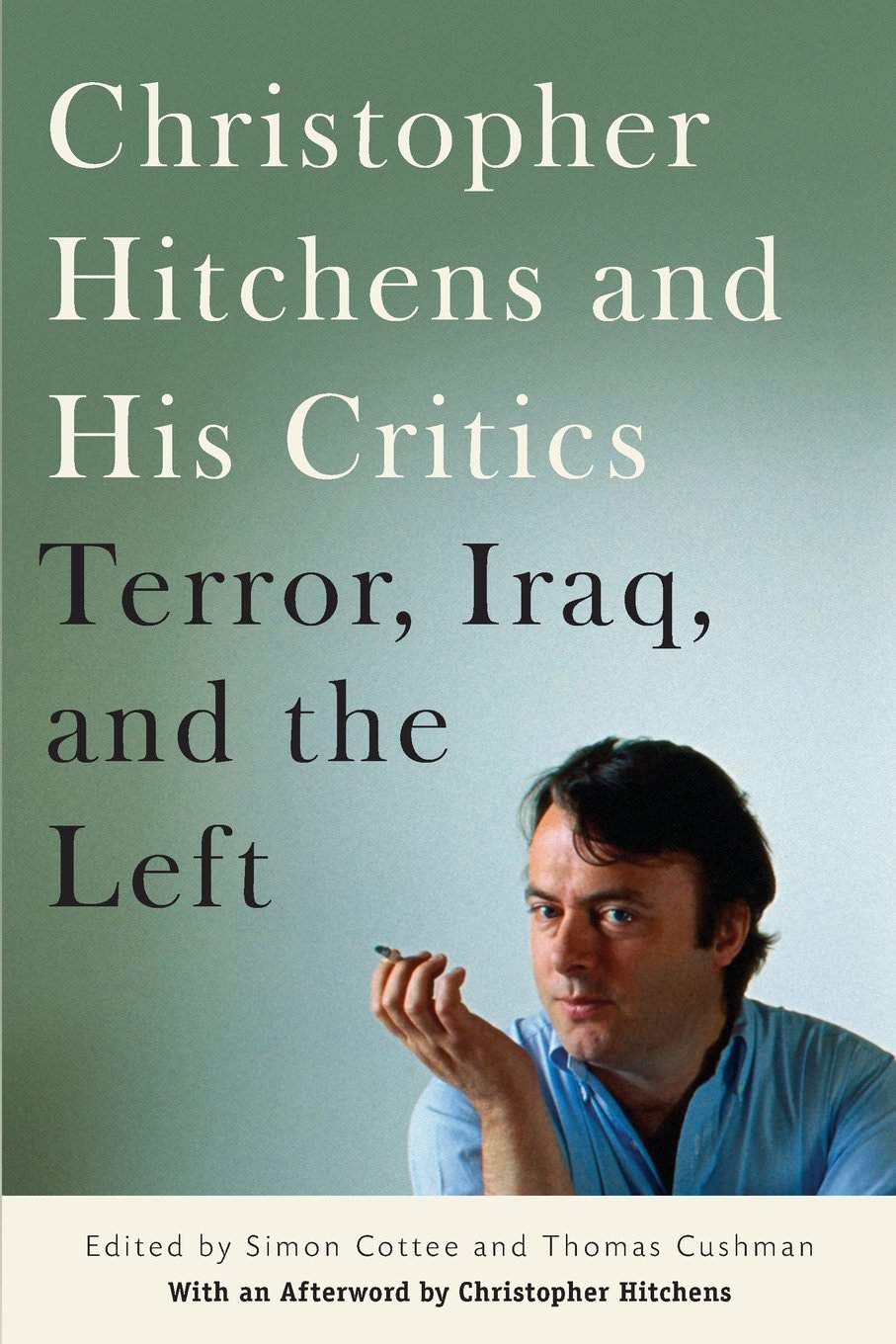Incel (E)motives: Resentment, Shame and Revenge
This article provides a framework for thinking about incels and incel-inspired terrorism. Incels are part of a fringe online subculture that trades in misogyny, victimhood and fatalism. The aim of the article is to describe these aforementioned orientations and the emotions associated with them. Only a tiny minority of incels commit acts of incel-inspired terrorism. Research on shame and revenge provides a useful starting-point for understanding these acts.
